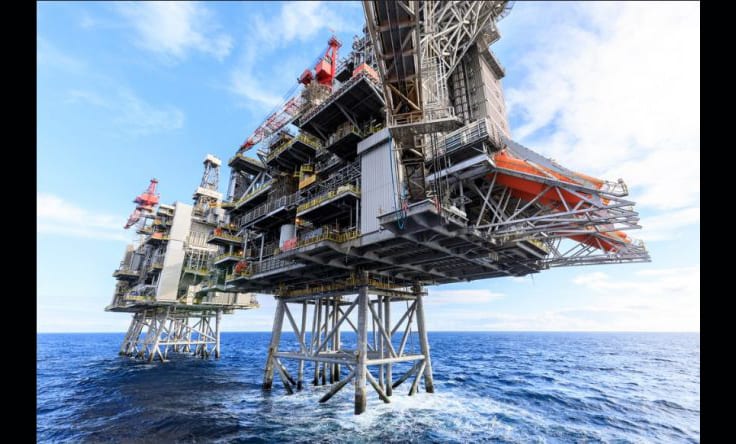(Bloomberg) A closely watched North Sea oil-price indicator is reflecting little of the demand destruction that the coronavirus has wrought on global markets.
Brent crude futures for April, the most immediate contract, are trading 61 cents a barrel higher than to May. A little over two weeks ago the same spread reached a discount of 36 cents. A premium normally indicates that buyers need supplies more urgently. Similarly, so-called contracts for difference measuring the short-term condition of physical crude markets have been trading in a bullish structure since February 6.
The surprising surge comes at a time when Chinese demand has been hit hard by the coronavirus and equity markets are slumping globally as the disease spreads beyond the country’s borders. China’s demand has been hit by about 4 million barrels a day, Russell Hardy, the chief executive officer of Vitol Group, the world’s biggest independent oil trader, said last week.
The bullish move in North Sea prices reflects supply curbs elsewhere — at least in part. In the Mediterranean, Libya’s exports of about 1 million barrels a day have been halted by a blockade for much of this year. That’s forcing the nation’s main local crude buyers — Italy, Spain and France — to find alternatives. A Nigerian pipeline was damaged last month, causing its operator to declare force majeure. In addition, ship-tracking data show that crude has continued to flow to China from the North Sea with six supertankers sailing so far this month, further tightening up short-term supply.
The North Sea market is dominated by some of the world’s biggest oil traders and has seen some brash activity in the past. In April 2016, despite outward signs of a glut, the difference between the June and July contracts — the most traded at that time — exploded from minus 70 cents to plus 99 cents — a huge swing in just four weeks.
The strength in the North Sea oil market is very much about immediate trading dynamics. The April-May contract is known as the prompt timespread because it’s for the two most-immediate contracts. By contrast, the gap between June and December contracts also rallied then weakened again. It’s now barely in a bullish structure, despite some hopes of economic stimulus boosting oil demand later in the year.
Source: Bloomberg




